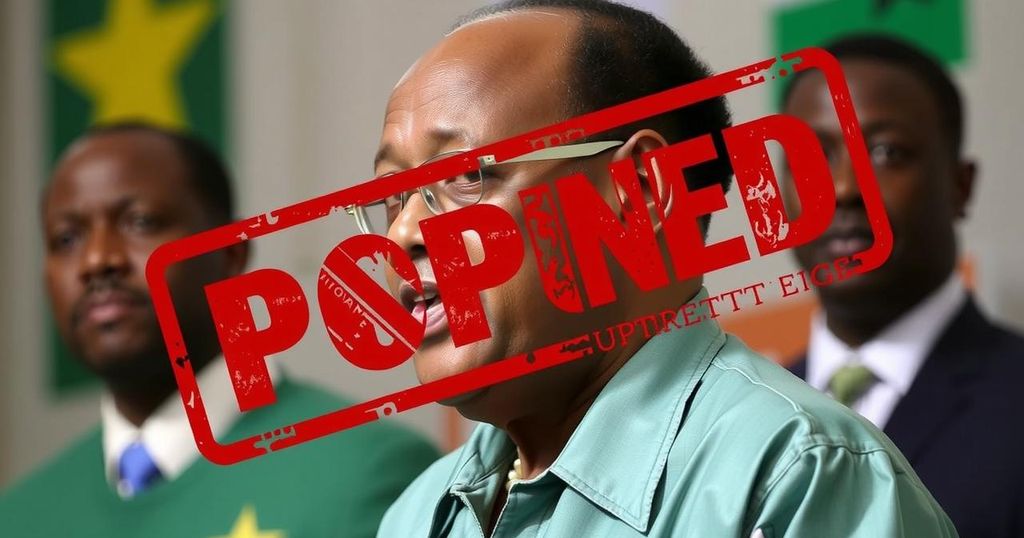Togo Postpones Inaugural Senate Elections to February 15
Togo has postponed its first senatorial elections to February 15 to allow political groups more time for organization. Campaigning begins on January 30. The elections are part of the implementation of a contentious new constitution that faces criticism for potentially entrenching President Gnassingbé’s power. Major opposition parties plan to boycott, citing a lack of legitimacy.
Togo’s inaugural senatorial elections have been rescheduled to February 15, as announced in a presidential decree released on Friday night. This delay, which extends the original timeline by two weeks, aims to provide political entities with adequate time for better organization. Campaigning is set to commence on January 30. These elections represent a crucial component in the execution of a new constitution, which has faced significant criticism from both the opposition and civil society sectors.
Several political factions had requested the postponement to allow sufficient time for candidate registration. Despite this, notable opposition groups, including the National Alliance for Change (ANC), have resolved to boycott the elections, labeling them as part of a broader “constitutional coup d’état.” Initially established through a constitutional change in 2002, the Senate has yet to be operationalized. It is projected to consist of 61 members, with 41 to be elected by regional and municipal councilors and the remaining members to be appointed by the President of the Council of Ministers.
The new constitution replaces the direct election of the president with a parliamentary system, which opponents argue is a strategy employed by President Faure Gnassingbé to maintain power indefinitely. As the leader of the ruling Union for the Republic (UNIR), which secured 108 out of 113 seats in the April 2024 legislative elections, President Gnassingbé has been in power since 2005, succeeding his father who held the presidency for 38 years.
The political landscape in Togo has been shaped by longstanding concerns regarding governance and democratic processes. The introduction of a Senate was part of a broader constitutional revision aimed at reforming the political structure. Since its conception in 2002, the Senate has not been constituted, leading to ongoing debates and scrutiny. The current administration, under President Faure Gnassingbé, has faced accusations of consolidating power through constitutional amendments that undermine democratic principles. The upcoming senatorial elections will be pivotal in assessing Togo’s commitment to democracy and political pluralism amid opposition calls for boycott and claims of illegitimacy.
In summary, Togo’s senatorial elections have been delayed to February 15 to facilitate greater organization among political actors, while campaigning is set to begin shortly thereafter. The elections are integral to the new constitutional framework that has drawn criticism from opposition parties and pro-democracy groups, casting a shadow over their legitimacy. With significant parties choosing to boycott, the political landscape remains contentious as President Gnassingbé’s administration faces scrutiny regarding its democratic practices.
Original Source: www.barrons.com




Post Comment